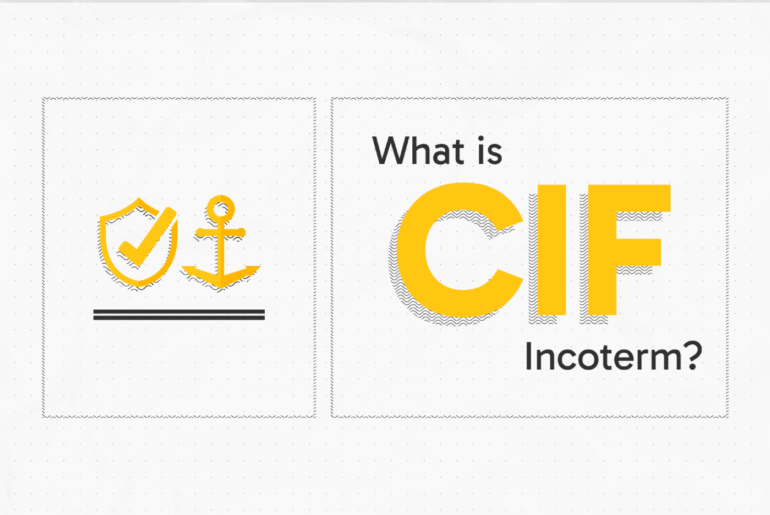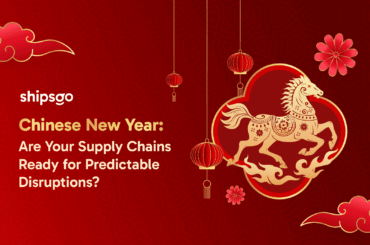Incoterms 2009 dictates that CIF Incoterm, known as “Cost, Insurance and Freight,”, applies exclusively to maritime shipping.
In CIF, the seller bears the responsibility of covering all freight costs to ensure the goods are delivered at the port of destination, as specified by the purchaser.
CIF risk is transferred when the product is loaded onto the transport vessel. It is suitable for situations where the seller of the shipment has direct access to the vessel, such as bulk transportation. However, CIF is not much preferred for containerized transportation.
Seller’s obligations under the CIF Incoterm
- Delivery of goods and documents required
- Packaging and wrapping
- International freight
- Customs handling fees at origin
- Origin charges
- Insurance
- Inland transport in the country of origin
Buyer’s obligations under the CIF Incoterm
- Payment of goods
- Destination charges
- Payment of duties and taxes
- Customs handling fees at destination
- Inland transport at the destination country

Cost, Insurance and Freight Insurance Details
Under CIF, the seller is bound to provide insurance in the event of a loss or damage during transport. This can be seen as a benefit, as it relieves the buyer of the responsibility. However, it’s important to note that CIF and CIP are the only two Incoterms that require the seller to provide insurance, which may have implications for the overall cost of the transaction.
It is common for buyers to prefer the CFR Incoterm over CIF if their shipment and cargo insurance policy offers better coverage. CFR is preferred because, unlike CIF, the seller is not required to offer insurance; the buyer can instead purchase this coverage.
CIF and Container Transportation Details
CIF Incoterm does not have the same risk transfer as other incoterms. “Cost, Insurance and Freight Insurance” transfers risk only when the goods are loaded onto the ship.
As an Incoterm, CIF is not suitable for containerized goods that are typically delivered to the terminal several days before loading. This could create a gray area in which shipment can be unknowingly damaged.
Due to the nature of containerized goods, which remain unopened until they reach their destination, it is almost impossible to determine when and if any merchandise has been damaged. CIP is recommended as an alternative to CIF when dealing with container shipment.




